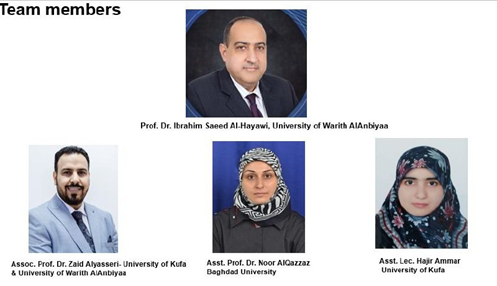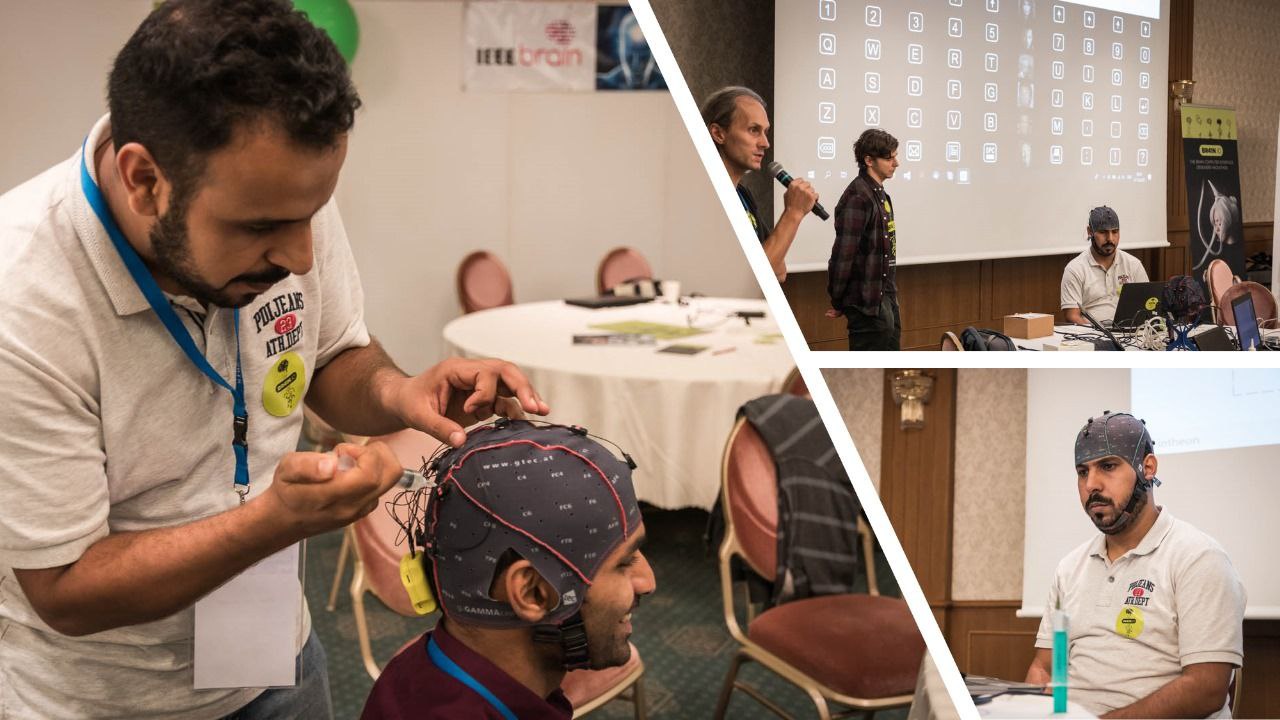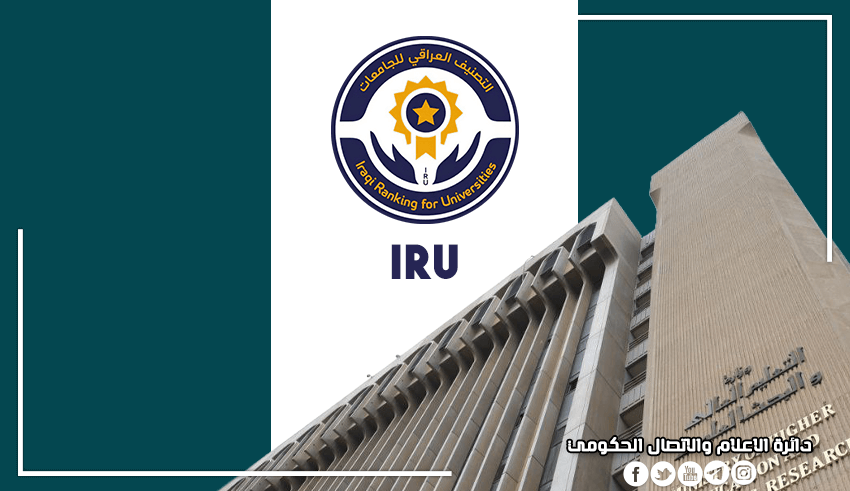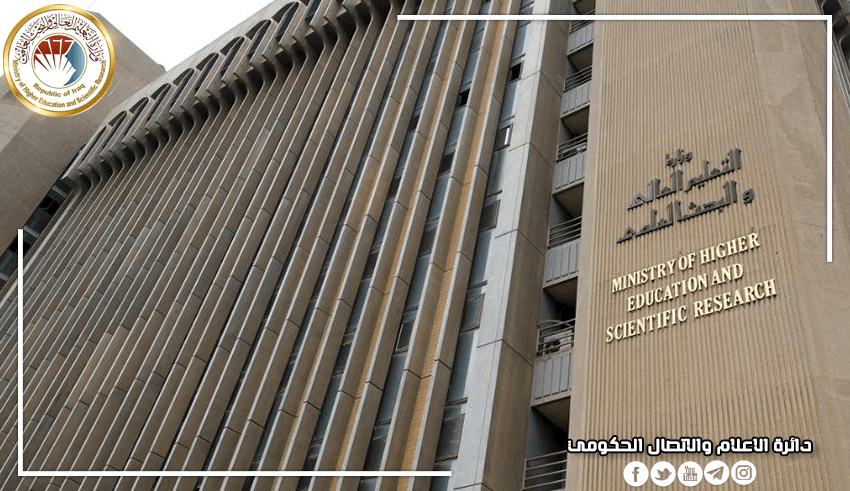Autism Spectrum Disorder (ASD) is a developmental condition that affects how people communicate, behave, and interact with others. Diagnosing it early is important for giving children the best possible support—but that’s not always easy, since symptoms can vary widely and are often based on behavioural observations.
Tohelp make early diagnosis more accurate and accessible, researchers from the University of Warith Al-Anbiyaa and the University of Kufa are working on a new approach that uses brainwave data (EEG), brain-computer interfaces (BCIs), and machine learning. By testing and combining 22 different signal analysis methods, the team achieved an impressive 97.6% accuracy in detecting brain patterns linked to ASD.
This breakthrough could lead to faster, more dependable diagnoses—especially for younger children. The team is now collaborating with the Al-Sibtain Centre to expand testing across a more diverse group and plans to open a dedicated rehabilitation centre offering therapy and support services.
With support from Iraq’s national investment program, Riyada, this project highlights how universities can drive meaningful, practical research that makes a difference in people’s lives.
Working Team:

For an intro on the research publications, visit the below article.
Link 1: Promising Advances Ahead with Autism Diagnosis
Link 2: UOWA Shines in National AI Competition with Groundbreaking Autism Diagnosis Project
Link 3: Pioneering a New Era in Autism Diagnosis: High Accuracy and Global Potential




